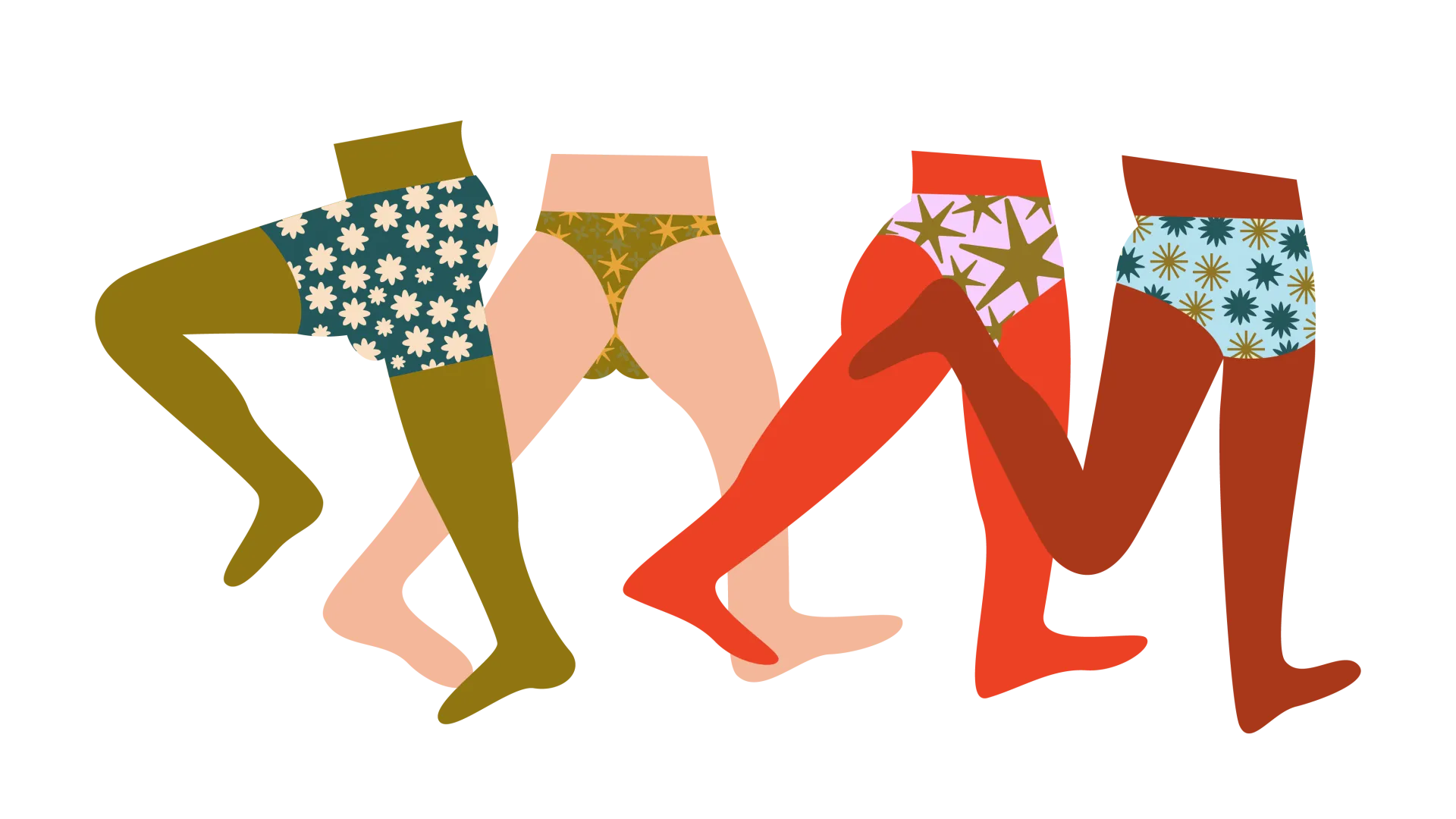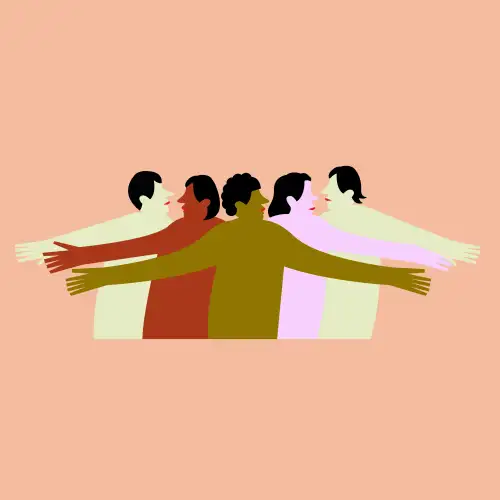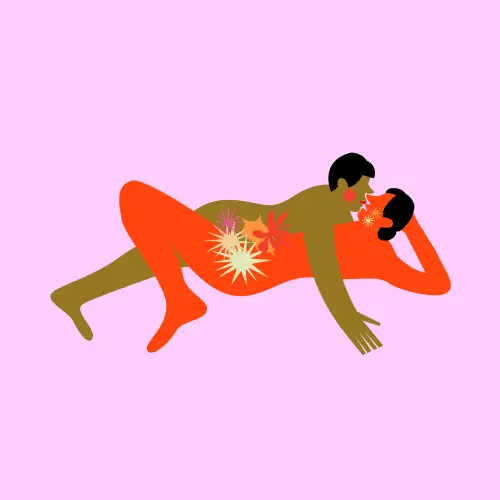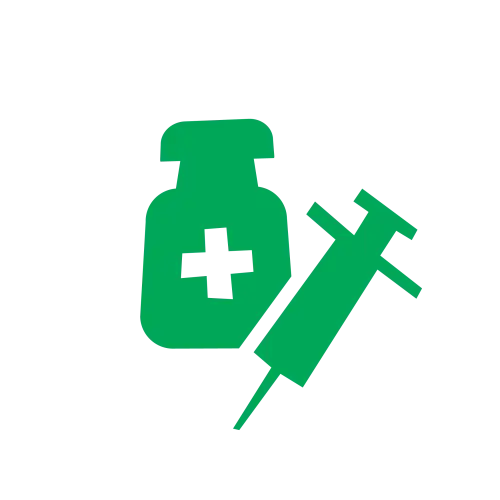Testosterone and andropause: Myths, realities, and solutions
The term "andropause" is often used to describe the hormonal changes in aging men. Unlike menopause, it is not an abrupt hormonal stop, but rather a slow and progressive decline of testosterone with age.
This phenomenon is normal, but it can sometimes be accompanied by symptoms that affect quality of life. With the growing popularity of "Low T" treatments, it is essential to distinguish marketing from science to make responsible health decisions.
Recognizing the symptoms of a possible deficiency
A significant drop in testosterone can manifest through several symptoms, which are not always all present:
- Decreased libido (sexual desire) and quality of erections.
- Decreased energy, persistent fatigue.
- Mood disturbances, irritability, or difficulty concentrating.
- Decreased muscle mass and strength.
- Increased body fat, particularly around the abdomen.
The diagnosis: More than just a blood test
This is a crucial point. A diagnosis of hypogonadism (the medical term for a testosterone deficiency) is not based solely on a low number from a blood test. For a treatment to be considered, a combination is required:
- Significant symptoms that affect your quality of life.
- Blood test results (done in the morning) that repeatedly confirm a low testosterone level.
- The elimination of other medical causes for your symptoms.
This rigorous approach distinguishes a serious medical follow-up from "online clinics" that trivialize the prescription of testosterone.
Testosterone Replacement Therapy (TRT)
TRT is an effective option, but it is reserved for men with a confirmed diagnosis of hypogonadism.
- Pharmacological options: Testosterone can be administered in several forms: topical gels or creams, skin patches, or intramuscular injections.
- Expected benefits: For people with a real deficiency, TRT can significantly improve energy, libido, erectile function, mood, and body composition.
- Risks and monitoring: TRT is not trivial and requires close medical follow-up. The risks to discuss with your professional include:
- Fertility: TRT suppresses the body's natural testosterone production and stops sperm production, making a man temporarily infertile.
- Hypogonadism upon stopping: After prolonged use, stopping TRT can lead to a period where the body struggles to produce its own testosterone again. This return to normal can be slow and sometimes incomplete.
- Prostate health: TRT can stimulate the growth of an existing prostate cancer or worsen the symptoms of benign prostatic hyperplasia (BPH).
- Cardiovascular risks: The impact on heart health must be monitored.
- Other effects: Acne is a possible side effect.
Your pharmacist: an ally in your follow-up
Your pharmacist is a key partner in ensuring safe treatment. We can:
- Advise you on the best way to use your treatment (e.g., how to apply gels).
- Monitor for interactions with your other medications.
- Support you and answer your questions between your medical appointments.
Trusted resources
- Mayo Clinic - Male Hypogonadism: A very complete and reliable educational resource on the diagnosis and treatment of testosterone deficiency.
- Canadian Men's Health Foundation: A Canadian reference organization on men's health.
- Sex & U by the SOGC: Offers basic information on testosterone and sexual health.



















